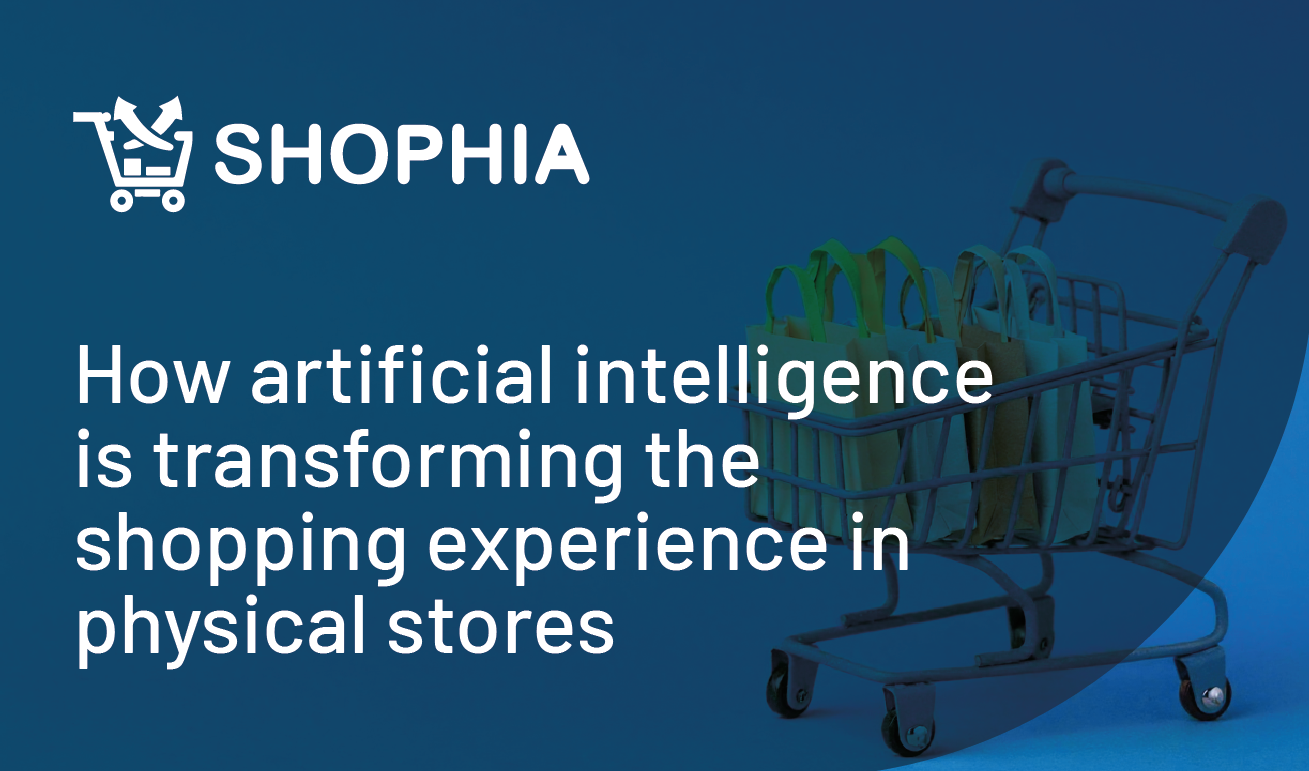How artificial intelligence is transforming the shopping experience in physical stores
In recent years, the retail sector has faced a major challenge: offering more personalized and seamless shopping experiences for increasingly demanding and connected consumers. ShophIA, an innovative research project involving Eurostar Mediagroup and the AIR Institute, has been developed to respond to this need.
ShophIA's main objective is to harness the power of artificial intelligence and the Internet of Things (IoT) to transform the way physical stores understand and interact with their customers. Through a combination of cameras, sensors, smart tags, and digital panels, the system continuously collects data to generate critical information that optimizes stock management and improves the shopping experience.
A new way to get to know the customer
The key to ShophIA lies in massive data collection. Thanks to a modular hardware solution—known as a “black box”—equipped with devices such as cameras, iBeacons, and smart NFC tags, stores will be able to recognize behavior patterns, detect customer flows, and analyze which products generate the most interest.
This data is not limited to measuring sales, but also allows stores to anticipate demand, reorganize store space, and even predict incidents in the supply chain. In short, AI acts as a bridge between the business and the real needs of consumers.

A new way to get to know your customers
The key to ShophIA lies in massive data collection. Thanks to a modular hardware solution—known as a “black box”—equipped with devices such as cameras, iBeacons, and smart NFC tags, stores will be able to recognize behavior patterns, detect customer flows, and analyze which products generate the most interest.
This data is not limited to measuring sales, but also allows stores to anticipate demand, reorganize store space, and even predict incidents in the supply chain. In short, AI acts as a bridge between the business and the real needs of consumers.
Artificial intelligence for faster and more accurate decisions
The information collected in-store is combined with online data from apps and social media. This opens the door to omnichannel marketing, with personalized campaigns that respond to each customer's interests. For example, if a consumer shows interest in a product category on social media, the store can offer specific recommendations or promotions on their next visit.
Artificial intelligence analyzes and merges this data in real time, which not only benefits the customer, who receives a service more tailored to their preferences, but also the company, which optimizes its management and increases its competitiveness.
Towards a more human and connected retail experience
Although we talk about algorithms, sensors, and big data, ShophIA's ultimate goal is very human: to improve the relationship between the brand and the customer. The virtual assistant that will be deployed in stores is a clear example of this, as it will provide useful information, answer questions, and accompany consumers through every step of the purchasing process.
In a context where digitization is advancing by leaps and bounds, ShophIA demonstrates that technology does not dehumanize the shopping experience, but rather makes it more intimate, personalized, and efficient. With this project, physical retail is not only adapting to the digital age, but becoming a protagonist in it.